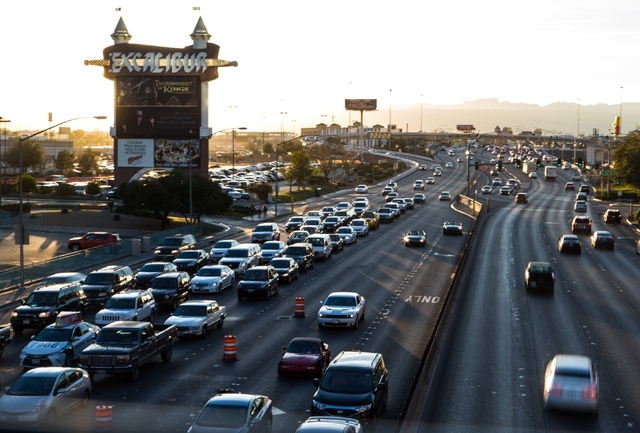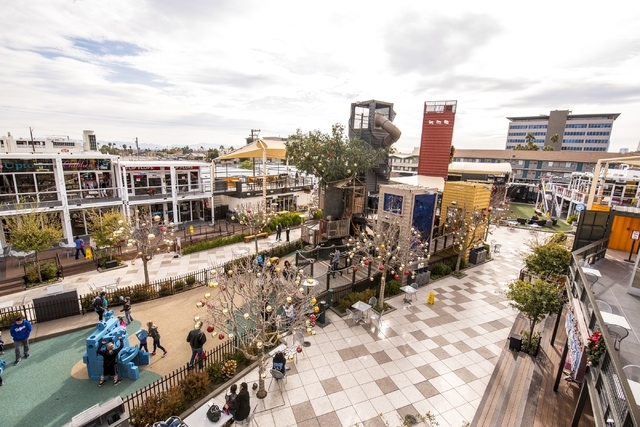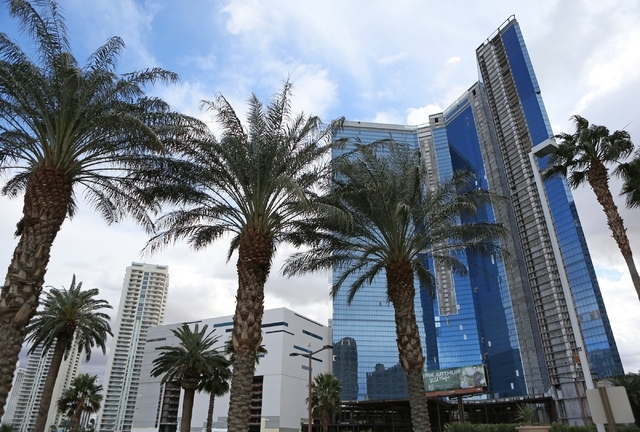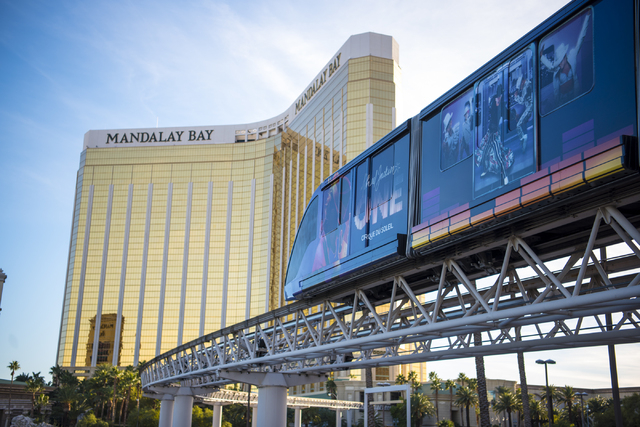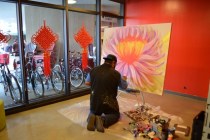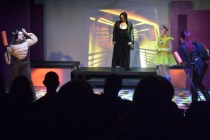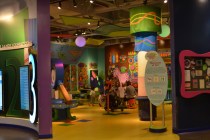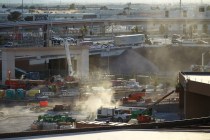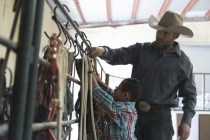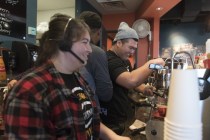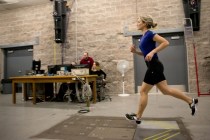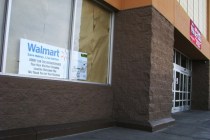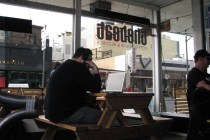As the tourism industry rebounds, the question looms: Does Las Vegas still hold the same appeal to the consumer as it did prior to the recession?
- Home
- >> News
- >> Special Features
Neon Rebirth
Nationally, Las Vegas is known as the city of slot machines and 24-hour strip clubs. Billboards serve as a constant reminder of all “Sin City” has to offer. But venture off the Strip and beyond downtown, and you’ll find parts of the valley that resemble any other piece of suburban America. So, why do we get such a bad rap when it comes to raising families?
The skies above Las Vegas were sunnier than ever right before 2008. Business was booming, and tourism rates were soaring. Times were good.
Need groceries or a new coat? Just swipe your credit card. According to CardHub.com, a credit card comparison website, Americans were on track to surpass $900 billion in credit card debt by 2015’s end.
In the early 2000s, Las Vegas was on the upswing for population, employment and housing growth. But at the downturn of the recession, Southern Nevada found itself on the wrong side of the curve.
Southern Nevadans just lived through a once-in-a-lifetime recession. While it’s unlikely the next dip is going to be as dramatic as 2008, there’s little doubt it’s coming.
It was anything but drama-free on the local theater scene in various regards during the recession years. The economic downturn in 2008-09 caused Las Vegas Valley residents to tighten their belts when it came to spending on nonessentials such as entertainment.
While many family-focused attractions from M&M World to Adventuredome at Circus Circus have remained on the Strip, others have closed, moved or changed focus.
Las Vegas wasn’t alone in the construction crisis. The U.S. Census Bureau reports that more than 60 percent of construction workers displaced by the housing bust either left the labor market by 2013 or found employment in other industries.
Kathy Bastian felt firsthand the impact of the spiraling economy four years after the recession.
The recession’s effect on the gaming and tourism industries also trickled down to impact small businesses around the valley. However, Las Vegans dusted themselves off and moved forward. In 2014, Forbes named our city one of the 12 best in which to start a business.
Soon after the economy crashed in 2008-09, mobile businesses began starting their engines. The economic downturn was a crucial factor, particularly for the dawn of various food trucks that have since gained momentum and expanded in the valley — in some cases blossoming into brick-and-mortar locations.
Switching career paths might be a way to weather ups and downs in the job market, but those in the health sciences field seem to be able to stay put.
After one of the most devastating financial downturns in Las Vegas history, things are looking up, but for some parts of the valley, up is a lot further to get to and it’s coming slower than many residents would prefer.
For millennials — a term that loosely defines the generation of people currently in their early 20s to mid-30s — the recession hit particularly hard and at a particularly difficult time. Many of them were just entering the job market when it went south, but a lot of them have landed on their feet.



